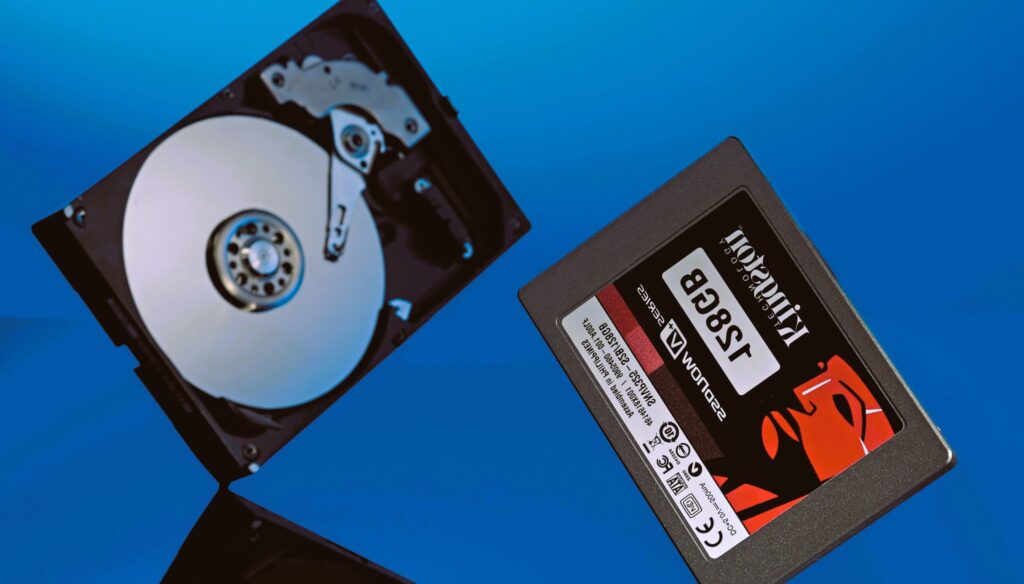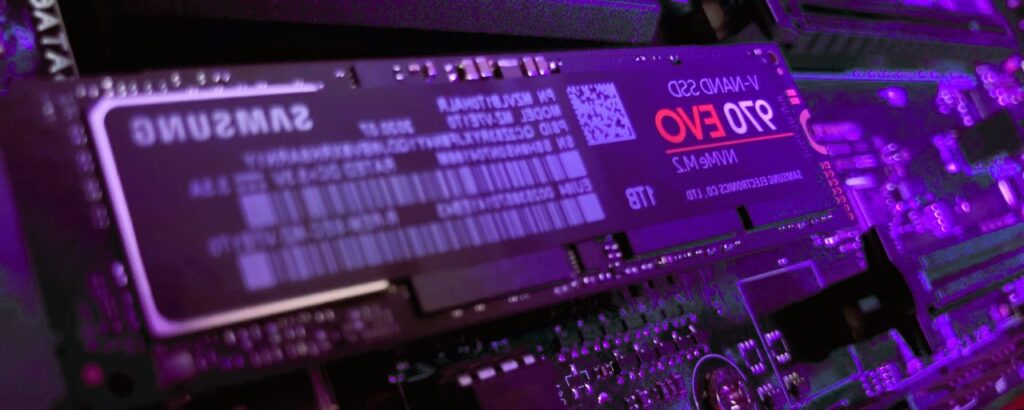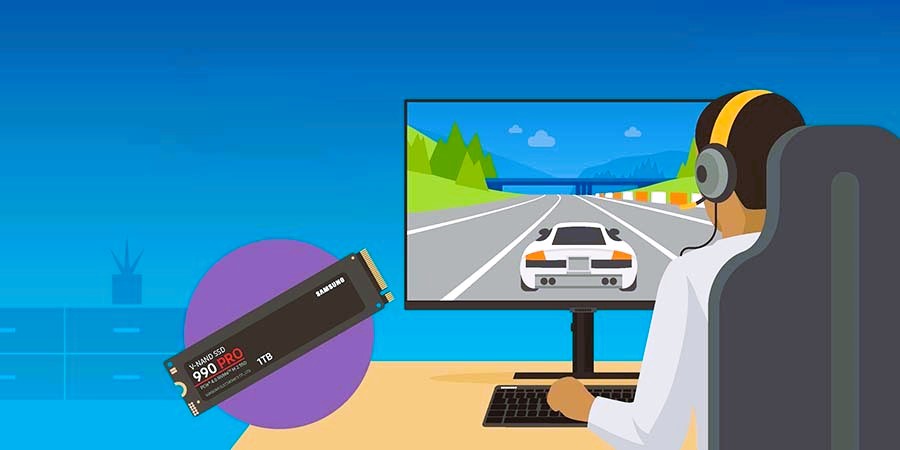In the world of gaming, the quest for performance and smooth gameplay is never-ending. While powerful GPUs and high-refresh-rate monitors often steal the spotlight, one component that can significantly enhance your gaming experience is the solid-state drive (SSD). Unlike traditional hard disk drives (HDDs), SSDs offer numerous benefits that can improve game load times, overall system responsiveness, and more. This article explores the advantages of using an SSD for gaming and why it matters.
1. Faster Load Times
1.1. Reduced Game Load Times
One of the most noticeable benefits of an SSD is its ability to dramatically reduce game load times. SSDs use flash memory to store data, which allows for much faster read and write speeds compared to the spinning platters and moving read/write heads of HDDs. This means that games installed on an SSD will launch quicker and load levels or new areas with minimal delay. For gamers, this reduction in waiting time can lead to a more immersive and enjoyable experience.
1.2. Quicker System Boot Times
An SSD also improves the overall boot time of your operating system. This means that not only will games load faster, but your entire PC will start up and become ready for use more quickly. Faster boot times contribute to a more responsive and efficient gaming setup.
2. Enhanced System Responsiveness

2.1. Improved Game Performance
While an SSD does not directly impact the frame rate or graphical quality of a game, it can enhance overall system performance. By reducing the time it takes for the system to access game files and assets, an SSD helps eliminate bottlenecks that can slow down gameplay. This can result in smoother performance, particularly in games with large open worlds or extensive data streaming requirements.
2.2. Faster File Transfers
Gaming often involves transferring large files, whether it’s downloading new games, installing updates, or moving mods. An SSD’s fast read and write speeds significantly cut down the time required for these operations, allowing you to spend less time waiting and more time playing.
3. Increased Reliability and Durability
3.1. Durability
Unlike HDDs, which have moving parts that are susceptible to mechanical failure, SSDs are more durable due to their lack of moving components. This makes them less prone to physical damage from shocks or drops. For gamers who frequently transport their PCs or gaming laptops, this increased durability can be a significant advantage. How to make the playing space more comfortable and stylish, see the answer in our article.
3.2. Reliability
SSDs have lower failure rates compared to HDDs, thanks to their solid-state nature. This reliability ensures that your game data and system files are less likely to become corrupted, reducing the risk of crashes or data loss during gameplay.
4. Lower Power Consumption
4.1. Energy Efficiency
SSDs are more energy-efficient than HDDs. They consume less power, which can lead to lower heat generation and quieter operation. This is especially beneficial for gaming laptops or systems with limited cooling solutions. Lower power consumption can also contribute to longer battery life in portable gaming devices.
4.2. Reduced Heat and Noise
The lack of moving parts in SSDs means they generate less heat and operate more quietly compared to HDDs. This reduction in noise and heat can contribute to a more comfortable gaming environment and less strain on your system’s cooling components.
5. Improved Multitasking
5.1. Faster Application Load Times
An SSD can improve the load times of not only games but also other applications running simultaneously. For gamers who run background programs like streaming software, voice chat applications, or web browsers, an SSD ensures that these applications load quickly and operate efficiently without causing delays or interruptions.
5.2. Better System Responsiveness
Overall system responsiveness is enhanced with an SSD. Tasks such as switching between applications, accessing large files, or handling multiple processes become quicker and more seamless. This improved responsiveness supports a smoother multitasking experience while gaming.
Additional Considerations

When choosing an SSD for gaming, consider the following factors:
- Capacity: Ensure the SSD has enough capacity to store your favorite games and additional files. Popular capacities for gaming SSDs range from 500GB to 2TB.
- Interface: SSDs come with different interfaces, such as SATA and NVMe. NVMe SSDs offer faster performance compared to SATA SSDs, making them a better choice for high-performance gaming setups.
- Brand and Reliability: Choose reputable brands known for reliability and performance. Brands like Samsung, Western Digital, and Crucial are well-regarded in the industry.
Additional Resources
For more detailed information on SSD technology and its benefits, visit Wikipedia’s page on Solid-State Drives.
Incorporating an SSD into your gaming setup can provide significant advantages, including faster load times, improved system responsiveness, increased reliability, and better multitasking capabilities. While it may not directly impact graphical performance, the benefits of an SSD contribute to a more efficient and enjoyable gaming experience. For gamers looking to enhance their setup, investing in an SSD is a worthwhile consideration that can provide long-term benefits and improvements.

